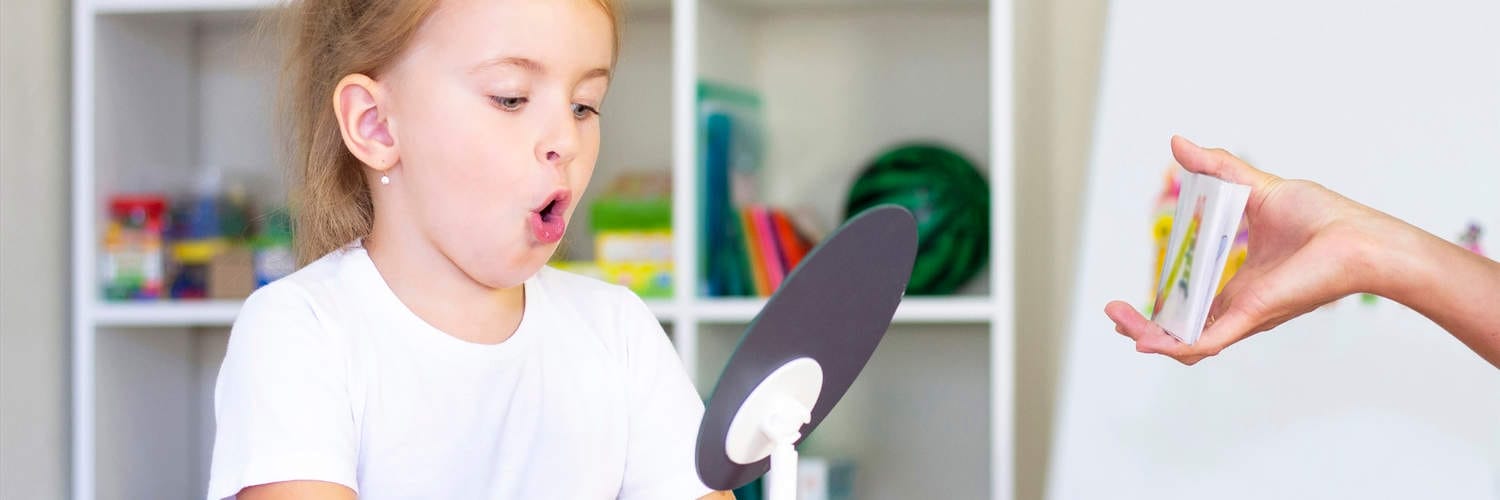
Developmental Therapist Park Ridge IL – Bellosa Counseling – Call 847-656-5259
A developmental therapist is a healthcare professional with a specialty in helping people who have disabilities and developmental delays. Developmental Therapy Park Ridge IL can help people improve their social, cognitive, functional and motor skills. This can include day-to-day activities such as communicating, walking, learning, eating, dressing, working and playing. People of any age can benefit from this form of therapy available at Bellosa Counseling.
While each person’s needs are unique, developmental therapy typically involves:
-Evaluating the person’s ability at performing standard tasks and activities. The developmental therapist creates a custom treatment strategy based upon needs, medical history and goals.
-Assessing the patient’s school, work and at-home needs.
-Educating patients to teach them the abilities they’ll need to take part in activities with the patient at home.
-Recommending and providing training in the usage of adaptive devices like splints, utensils, dressing and bathing equipment.
-Providing guidance and support to teachers, family members and caregivers.
-Collaborating with other types of healthcare providers like physical and speech therapists.
Working with a Developmental Therapist Park Ridge IL can benefit people with a wide range of disorders including:
-Down syndrome.
-Autism spectrum disorder.
-Speech, visual or auditory impairment.
-Attention deficit hyperactivity disorder.
-Cerebral palsy.
-Physicians may typically refer adults who have developmental challenges to a developmental therapist to help improve social, self-care and independent living capabilities. Your doctor might advise a child to see a developmental therapist if she or he has conditions or symptoms including:
-Difficulty in performing routine activities that depend upon adequate motor skills like walking, dressing or eating.
-Impairment of the senses that causes difficulty hearing, seeing or speaking.
-Difficulty with self-care functions like personal hygiene or using restroom facilities.
-A delay in the ability to socially interact and communicate in daily situations.
